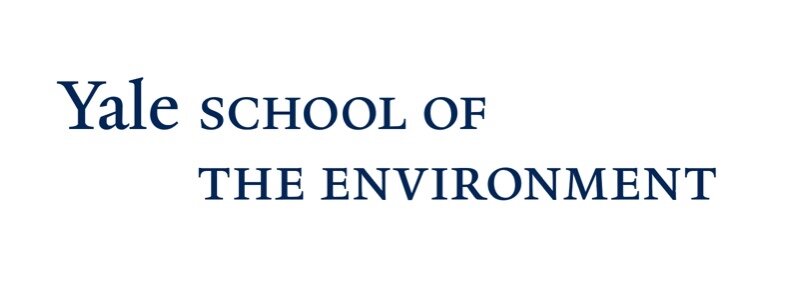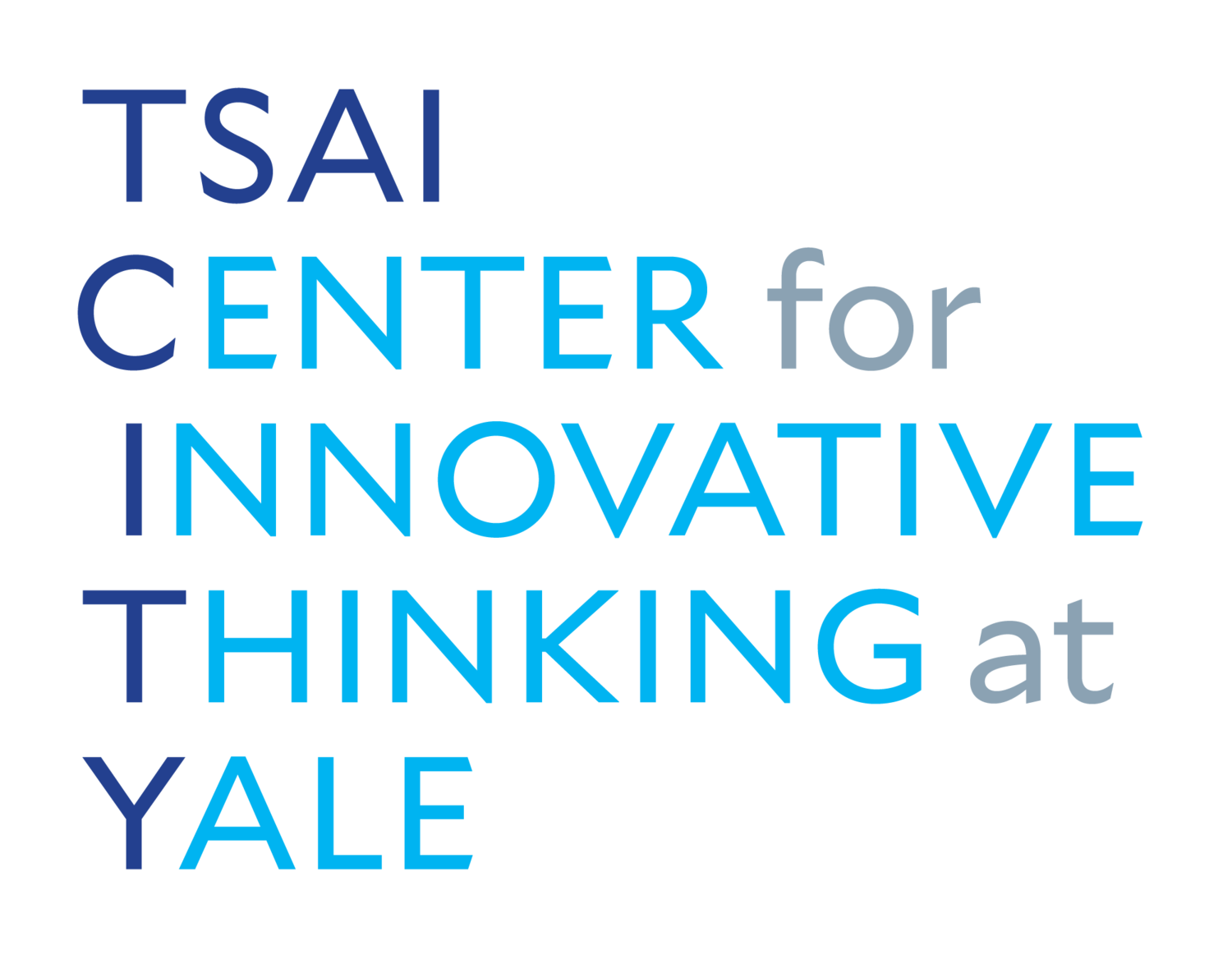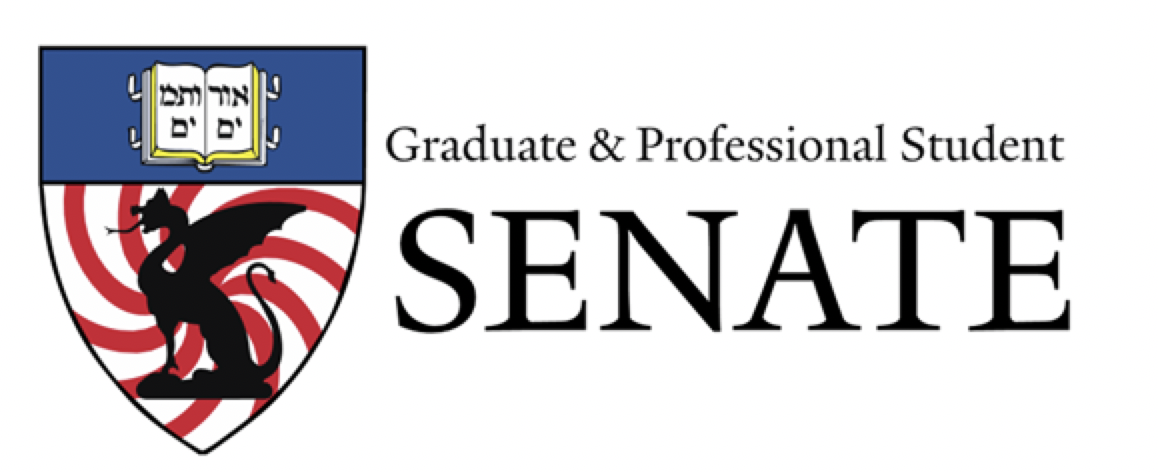EFFY 2018 LINEUP!
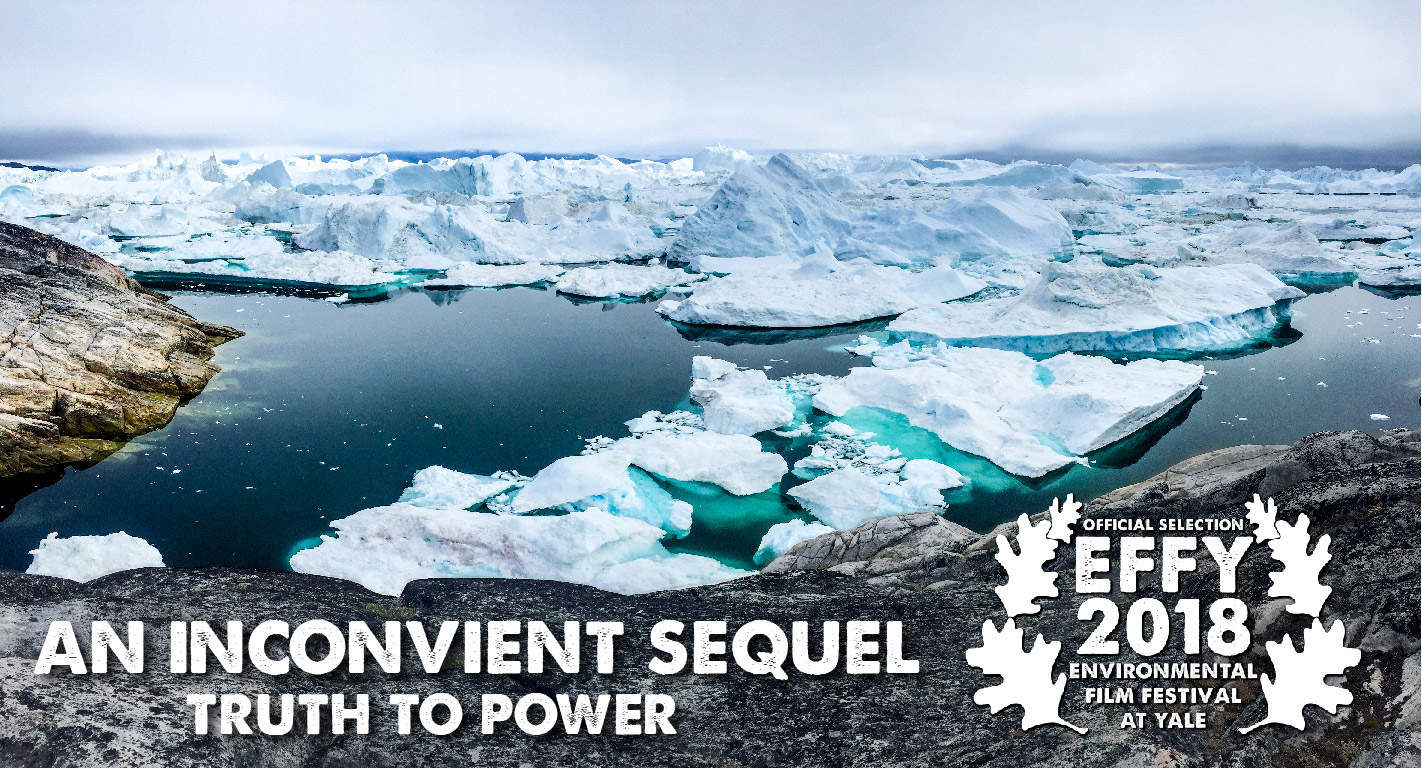
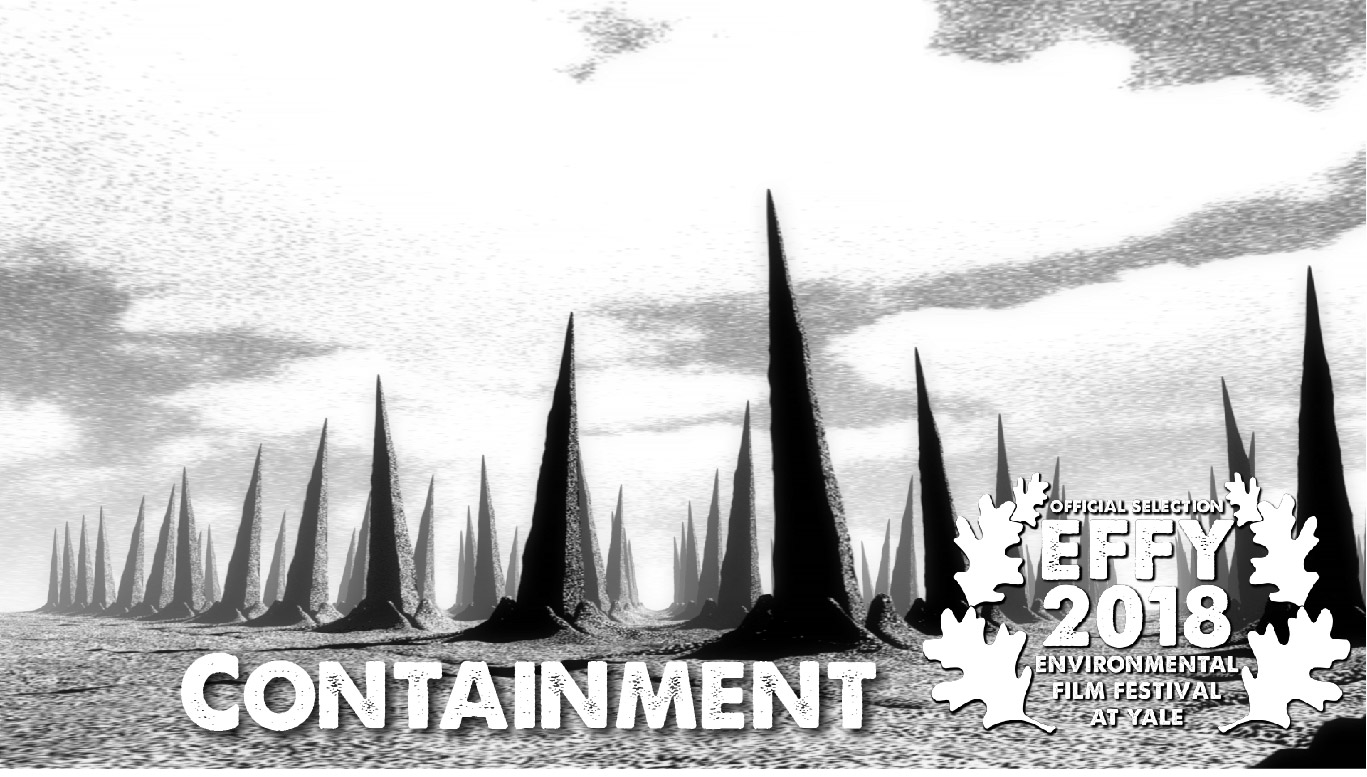
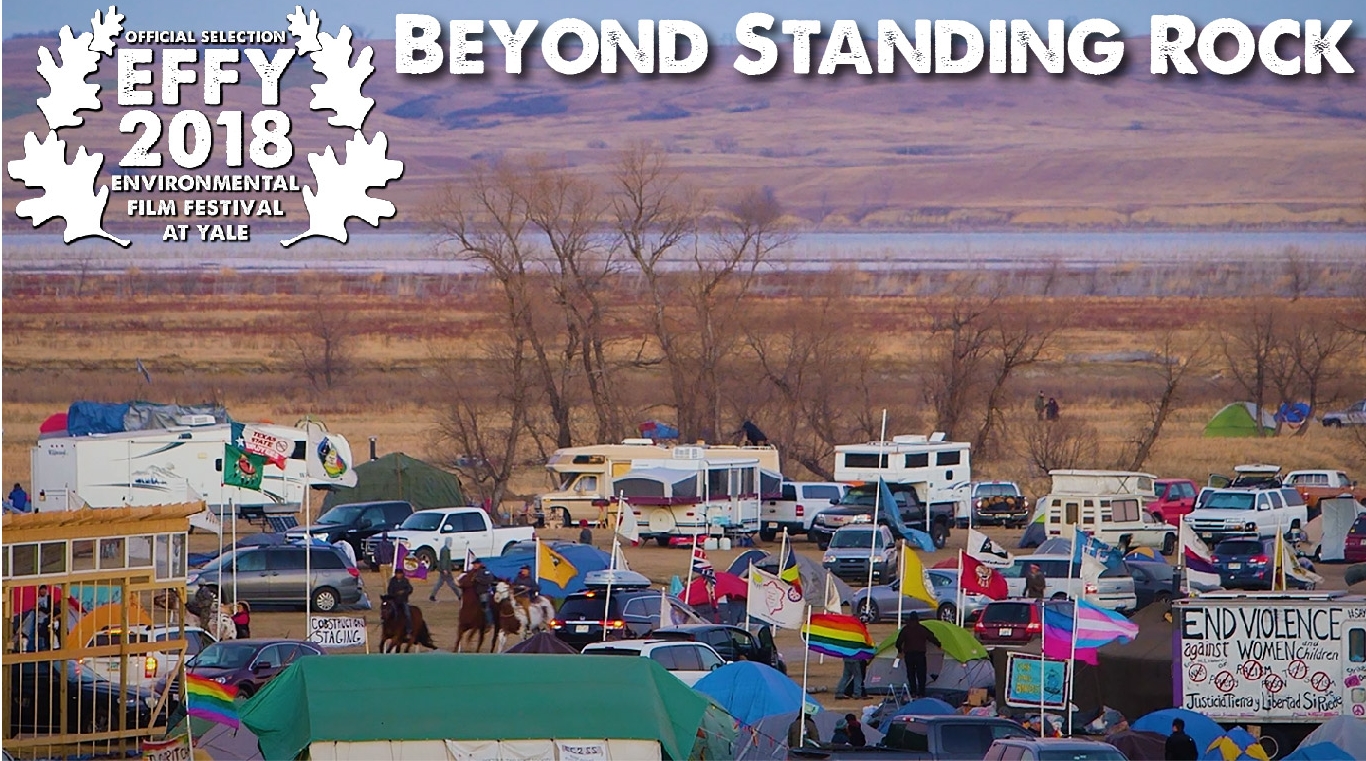
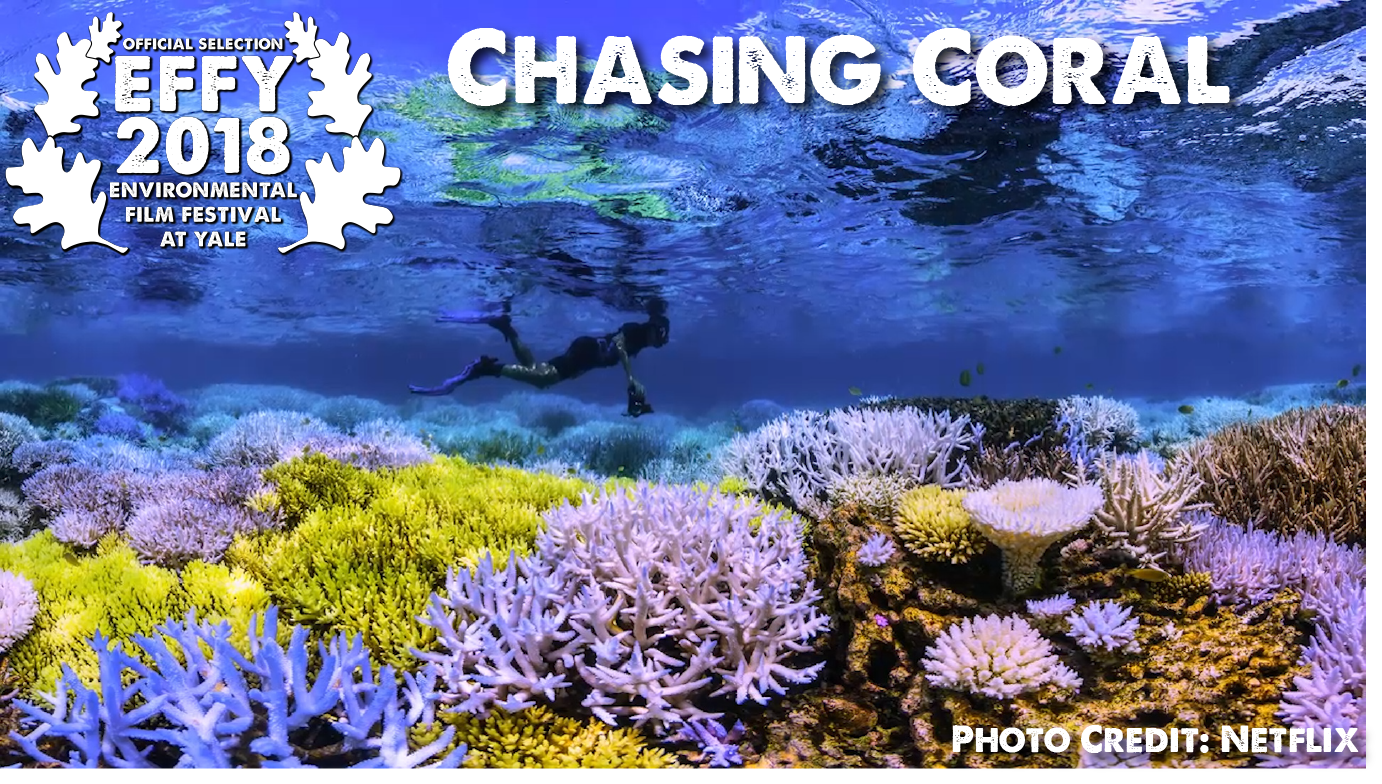
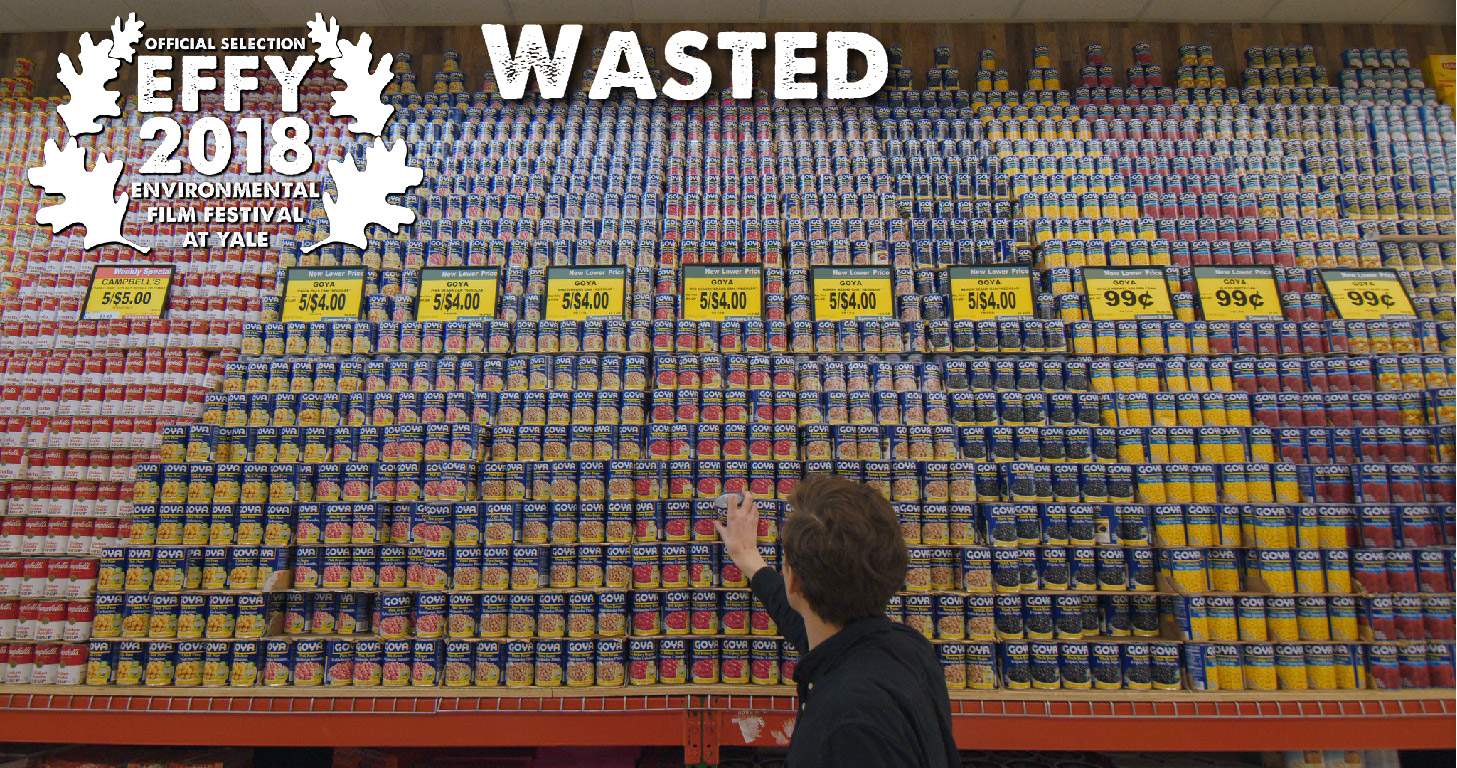
Wednesday April 4 2018 - 8:00pm - Burke Auditorium
Feature Film:
Ten years after the Academy Award-winning An Inconvenient Truth brought climate change to the forefront of mainstream culture, former Vice President Al Gore continues his tireless fight to educate the next generation of climate champions. Eye-opening and alarming, this compelling follow-up shows that while the stakes have never been higher, the solutions to the climate crisis are still within our reach.
A decade after AN INCONVENIENT TRUTH brought the climate crisis into the heart of popular culture, comes the riveting and rousing follow-up that shows just how close we are to a real energy revolution. Former Vice President Al Gore continues his tireless fight, traveling around the world training an army of climate champions and influencing international climate policy. Cameras follow him behind the scenes – in moments both private and public, funny and poignant -- as he pursues the inspirational idea that while the stakes have never been higher, the perils of climate change can be overcome with human ingenuity and passion.
Short Films:
I You We 2
Several boys are sitting in a classroom...
Gathering the Pieces
William "Boyzie" Jondreau was a commercial fisherman and contributing member of the Keweenaw Bay Community of the Lake Superior Ojibwe -- sharing his fish with those in need, teaching local kids to fish, and serving his community as a tribal leader. In 1965, he was arrested by a State of Michigan conservation officer on the shores of Lake Superior when he was found with four lake trout supposedly taken out of season. He fought back, recognizing that the illegal restriction of his hunting and fishing treaty rights was part and parcel with other state and federal efforts to destroy his culture and prevent him from passing on traditional knowledge to his children and grandchildren. This is the story of Boyzie, an Ogichidaa, and the impact he had on his community and grandson, Jerry Jondreau.
Thursday April 5 2018 - 7:30pm - Whitney Humanities Center
Feature Film:
Can we contain some of the deadliest, most long-lasting substances ever produced? Left over from the Cold War are a hundred million gallons of radioactive sludge, covering vast radioactive lands. Governments around the world, desperate to protect future generations, have begun imagining society 10,000 years from now in order to create monuments that will speak across time. Part observational essay filmed in weapons plants, Fukushima and deep underground—and part graphic novel—Containment weaves between an uneasy present and an imaginative, troubled far future, exploring the idea that over millennia, nothing stays put.
Short Films:
Nightmares on Wax- Back to Nature
An emotional journey into humankind’s relationship with the natural world. The accompanying video, directed by João Pombeiro, follows this narrative through its cut-up collage of magazines, postcards and vintage film, with positive glimpses of a future harmonious utopia.
Timbo
Construction of dams by energy companies in the Brazilian Amazon would destroy the heart of the world's largest rainforest, and severely affect the community of the indigenous people in the area.
If built, the dams would flood an area the size of London, Paris and Amsterdam combined. The flood would also cause a large amount of toxic plants to dissolve in the water, leading to severe poisoning or even death among the local tribes. These plants are commonly known as Timbó.
Lullaby for a Mother
"There was once a mother and a child who lived far away...", and so begins the charming story of a rhino and her calf.
Friday April 6 - 1:00pm - Luce Hall, MacMillan Center
Dirty Water
One of the nation's most seriously contaminated water bodies is also the home to a thriving canoe club. It's located in what was once an all but abandoned neighborhood, now one of the most expensive areas in New York City.
Halt the Salt
Halt the Salt is a documentary stemming from a partnership between local conservationists and student filmmakers in Las Vegas, Nevada to raise awareness of the deforestation on Mt. Charleston and the national forest in which it resides. De-icing salts used by the Nevada Department of Transportation and the forestry service are causing these devastating effects. The aim of the documentary is to bring awareness to Las Vegas citizens who may be unaware of the problem and to bring about positive change.
Warning
My narrative follows the life of a scientific inventor who is working on the greatest experiment of his lifetime. He is on the brink of creating a device that will allow him to step foot into alternate realities. The experiment he is conducting is based the experiment by Erwin Schrödinger (Schrödinger’s cat theory). This is essentially when you don’t know what the state of an object is, then all possibilities simultaneously exist until you find out the state of the given object. The protagonist later transports himself to a reality that has turned into a doomed wasteland and struggles to find his way back to his own reality.
The concept behind my animation is to highlight social and environmental problems the world is currently facing, specifically climate change. The planet is in serious risk of irreversible damage due to the burning of fossil fuels, production of methane gas from farming and just from short sighted large corporations not thinking about the future, only about money. The world’s waters, trees, air are all being destroyed and only until recently people are starting to wake up. The aim of the animation is to showcase a future where people haven’t changed their ways resulting in a doomed existence for future generations and the planet.
Growing Farmers
This film was made by Maui students ages 12-18 in our Huliau Environmental Filmmaking Club during the 2016-17 school year. In partnership with the Hawaiʻi Farmers Union United's Farm Apprentice Mentoring program and the Mālamalama Maui project, this documentary explores the need to grow new local farmers in Maui's post-sugarcane era and looks at some of the regenerative agriculture projects already underway on former sugarcane lands.
Hidden Life
An exploration of the controversy behind the “Rigs to Reefs” program, which allows decommissioned oil platforms to stay in the marine environment to act as artificial reefs.
Salt Water
A woman explores her powerful relationship with the ocean in this visceral visual poem.
Amazonia Dammed
Amazonia Dammed tells the story of the Munduruku people's urgent struggle to protect the heart of the Amazon against one of the largest mega-dam projects on earth. Through the director's relationship with the community of Sawré Muybu, the film invites the audience to discover how these brave warriors of the modern day fight an impossible war of hope and joins its voice to the growing awareness of the need to preserve our planet's remaining rainforests.
Under the Sea
This film was made by Maui students ages 12-18 in our Huliau Environmental Filmmaking Club during the 2016-17 school year. In our first international collaboration with Bahamas Plastic Movement and Space 2 Create, students from Maui and the Bahamas share their musical remake of the Little Mermaid's Under the Sea about the growing problem of plastic pollution in all our world's oceans.
Cranberry Lake
Forest ecology students lead us through an immersive learning experience at a remote research station in the Adirondacks. CRANBERRY LAKE captures the first sparks of budding field biologists and the importance of environmental education sites such as Cranberry Lake Biological Station for developing the next generation of environmental leaders.
The Next Epoch Seed Library
Two artist activists use the seeds of 'spontaneous urban plants' as a lens for discussions about land use, climate change and evolution, challenging the anthropocentric notions of value, ownership, and indigeneity along the way.
Sea Police
This film was made by Maui students ages 12-18 in our Huliau Environmental Filmmaking Club during the 2016-17 school year. Our new west side filmmaking students share the adventures of the “sea police” set to original theme song music as they reprimand careless citizens for their infractions against our marine environment.
Friday April 6 - 7:30pm - Whitney Humanities Center
Feature Film:
BEYOND STANDING ROCK explores the controversy on the front lines of the Dakota Access Pipeline and, more importantly, the context for these protests: a centuries-old conflict between tribal nations and the U.S. government over independence and control over land and resources. We start in North Dakota where protests of the Dakota Access pipeline exploded in the fall of 2016, and then take the story to southern Colorado where a different tribe has become an economic powerhouse with oil and gas development. Finally we investigate the conflict over sacred land in southeastern Utah known as Bear’s Ears.
Short Films:
Irreparable Harm
Contamination from a mine threatens a magnificent marine ecosystem and a Tlingit communities way of life in Southeast Alaska.
Valve Turners
On October 11, 2016, in solidarity with Standing Rock and in response to the climate emergency we are facing, a team of activists took direct action shutting off the 5 pipelines carrying tar sands oil from Alberta, Canada into the United States.
Peace and Prayer from Standing Rock
Lakota Veteran, Catcher Cuts The Rope, shares why he came to Standing Rock to stand in solidarity, prayer, and in peace.
Saturday April 7 3:00pm - Evans Hall
Feature Film:
Featuring Nina Gualinga, speaker at the Sustainable Development in Latin America and the Caribbean Conference sdlac.yale.edu
Coral reefs around the world are vanishing at an unprecedented rate. A team of divers, photographers and scientists set out on a thrilling ocean adventure to discover why and to reveal the underwater mystery to the world.
Short Film:
Person of the Forest
In the vanishing lowland rainforests of Borneo, research is underway to uncover and understand the unique cultural behaviors in wild orangutans. There, photographer Tim Laman, researcher Cheryl Knott, and young explorer Robert Suro shed new light on the similarities between ourselves and our ancient ancestors, before it's too late.
Saturday April 7, 5:30pm - Whitney Humanities Center
At 5:30pm we will show an advanced screening of Episode 3 of One Strange Rock, a National Geographic TV Show airing this spring! The show, directed by Darren Aronofsky and narrated by Will Smith, is about the amazing and beautiful planet Earth and what makes it so special for life!
Saturday April 7, 7:30pm - Whitney Humanities Center
This film will be preceded by a 6:30pm workshop on food waste and composting at Whitney Humanities Center.
Feature Film:
WASTED! THE STORY OF FOOD WASTE aims to change the way people buy, cook, recycle, and eat food. Through the the eyes of chef-heroes like Bourdain, Dan Barber, Mario Batali, Massimo Bottura, and Danny Bowien, audiences will see how the world’s most influential chefs make the most of every kind of food, transforming what most people consider scraps into incredible dishes that create a more secure food system. WASTED! exposes the criminality of food waste and how it’s directly contributing to climate change and shows us how each of us can make small changes – all of them delicious – to solve one of the greatest problems of the 21st Century.
Short Films:
Return from Desolation
Return from Desolation is the story of Garrett Eaton, an Afghan war vet, oilman, and river guide who has fought his way back from addiction and certain death through the wild serpentine rivers of the American Southwest. While this is a story of renewal, forgiveness and healing, Return from Desolation is also a bridge between what we think we know and the nuance of what it means to be human in a complex society. Through Garrett's experience, we see the importance of wild, public landscapes to help us all find our way home.








